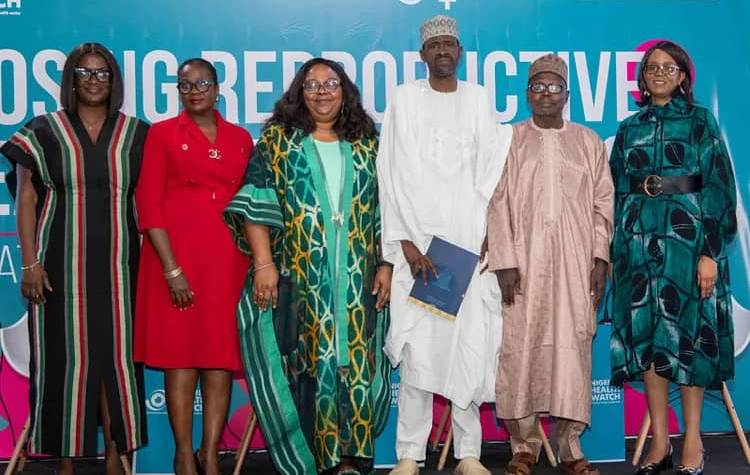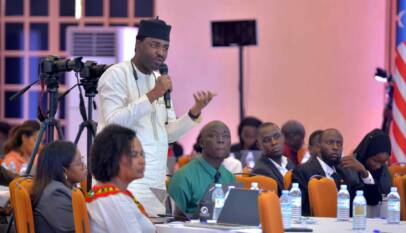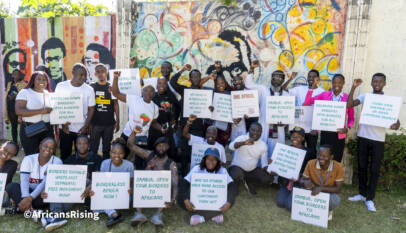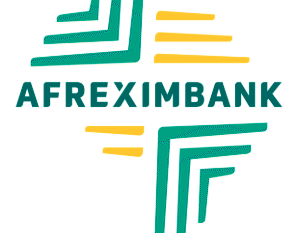Nigeria Health Watch’s Dialogue Push for Closing Reproductive Health Access in Nigeria
Nigeria Health Watch’s national policy dialogue, themed “Closing Reproductive Health Impact Gaps – Strategic Approaches for Equity and Access,” sought to confront long-standing barriers preventing adolescents and underserved populations from accessing quality reproductive health services across Nigeria.
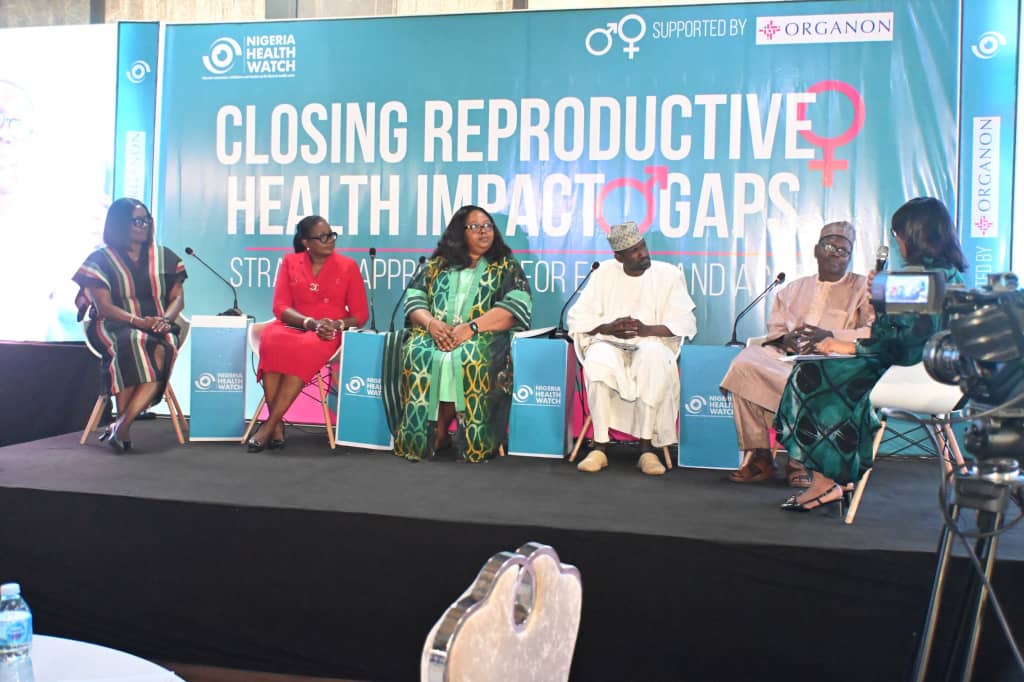
Despite the existence of multiple national strategies, global commitments, and a robust policy framework on sexual and reproductive health and rights (SRHR), Nigeria continues to witness widening gaps in service delivery and access. Millions of adolescents, rural women, and vulnerable groups are still unable to obtain essential reproductive health services; ranging from contraceptive access and maternal care to STI treatment and youth-friendly health information.
According to the 2023–2024 Nigeria Demographic and Health Survey, modern Contraceptive Prevalence Rate (CPR) among women aged 15–49 stands at only 15.3%, while the overall CPR is just 20.3%. The national unmet need for family planning remains worryingly high at 21%.
These national averages obscure deep regional inequalities, with states like Ekiti recording a modern CPR of 42.8%, compared to just 10.6% in Kano. These figures not only point to systemic weaknesses but also highlight the urgent need to accelerate progress in delivering rights-based, equitable, and accessible reproductive healthcare.
Against this backdrop and in line with efforts to address these long-standing barriers preventing adolescents and underserved populations from accessing quality reproductive health services across Nigeria, Nigeria Health Watch recently convened a one-day National policy dialogue in Abuja under the theme: Closing Reproductive Health Impact Gaps – Strategic Approaches for Equity and Access.
The event convened key stakeholders and provided a platform to examine the realities faced by adolescents and marginalized groups, while also exploring strategic, multi-sectoral approaches to closing Nigeria’s reproductive health impact gaps. They included policymakers, youth representatives, healthcare providers, civil society leaders and private sector.
“The Future of Health Lies in Equity, Access”– Vivianne Ihekweazu
Delivering the opening keynote address on behalf of Prof. Muhammad Ali Pate, Coordinating Minister of Health and Social Welfare, Vivianne Ihekweazu, Managing Director of Nigeria Health Watch, emphasized their commitment to improving access to affordable and rights-based sexual and reproductive healthcare; particularly through equitable family planning services.
“Family planning is far more than a health intervention; it is a driver of economic growth, education, gender equality, and social transformation. It empowers individuals, strengthens families, and builds resilient societies,” she stated.
Ihekweazu acknowledged the deep-seated inequities in access to reproductive health services, citing barriers shaped by economic, socio-cultural, religious, and geographic realities, as well as funding and human resource constraints. These persistent gaps, she warned, continue to undermine the health and economic potential of millions of Nigerians.
“Access in this context encompasses availability, affordability, acceptability, and appropriateness of SRH services and information. Together, equity and access form the foundation of sustainable development and social justice.” she said.
Ihekweazu emphasized that Nigeria’s FP2030 commitments are aligned with its broader vision for achieving Universal Health Coverage and Sustainable Development Goals, and must now be translated into measurable progress. She stressed the need to drive digitalization and innovation to accelerate service delivery.
“The Nigerian health sector plans to gradually digitalize services and open new frontiers to improve access to family planning by leveraging technology, platforms, and digital tools including through mobile clinics, self-care, and public-private partnerships to scale up delivery,” she stated.
“Family Planning is Far More Than a Health Intervention; It’s a Driver of Social Transformation” – Dr. Ukaire
While also speaking at the event, Dr. Binyerem Ukaire, Director of Family Health at the Federal Ministry of Health and Social Welfare, emphasized that family planning is not merely a clinical intervention, but a strategic tool for advancing education, economic growth, and gender equity.
“Family planning is far more than a health intervention. It is a driver of economic growth, education, gender equality, and social transformation. It empowers individuals, strengthens families, and builds resilient societies. That is why our work here is critical, not just for health outcomes but for national prosperity,” she said.
Dr. Ukaire noted that Nigeria’s FP2030 commitments are grounded in a rights-based approach that ensures equity in access which is defined not only by availability, but by affordability, acceptability, and appropriateness. She acknowledged the fact that governments in Nigeria are now leveraging digital platforms, mobile clinics, and self-care models to expand reach and enhance service.
“Access means more than proximity. It means services that are affordable, appropriate, and acceptable. That is why we are gradually digitalizing family planning services, offering mobile clinics, self-care interventions, and remote information to improve reach, particularly for those in remote and underserved areas,” she noted.
She added that under the Renewed Hope Agenda of the current administration, the Federal Ministry of Health has prioritized investments in health infrastructure, workforce training, and contraceptive supply chains. Key initiatives include the Basic Health Care Provision Fund (BHCPF), the new MAMI and the National Health Insurance Authority (NHIA)’s reimbursement model for family planning services.
“Without functional places to offer services, we can’t talk about closing the reproductive health gap. We are revitalizing our PHC facilities, integrating services across platforms; maternal and child health, HIV/AIDS, and adolescent health, while addressing chronic issues like stockouts through a stronger supply chain,” Dr. Ukarie explained.

